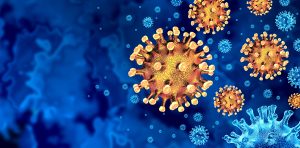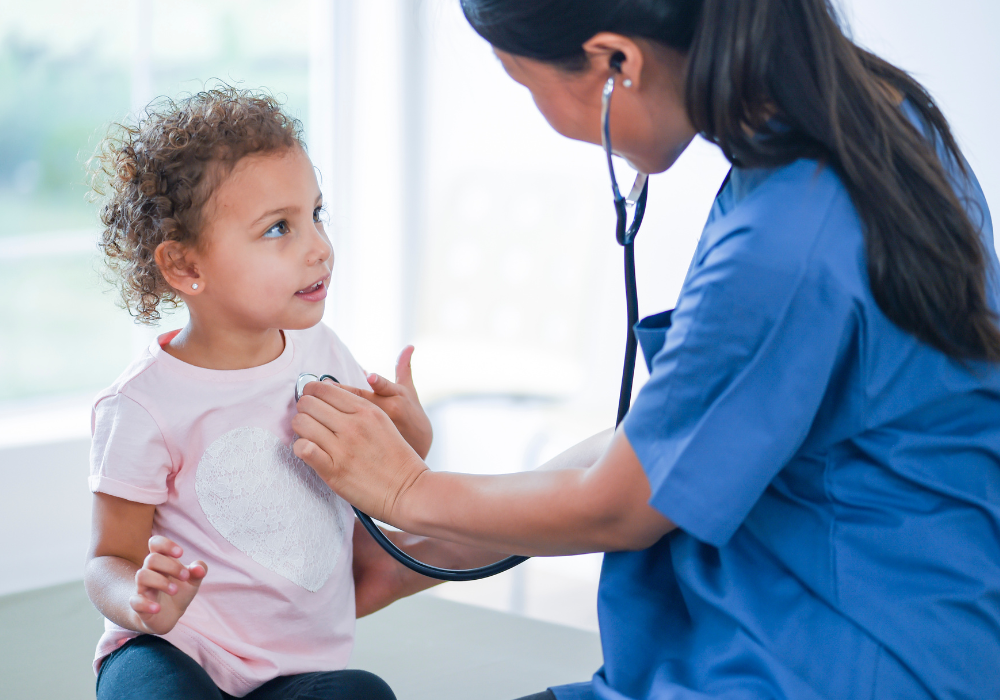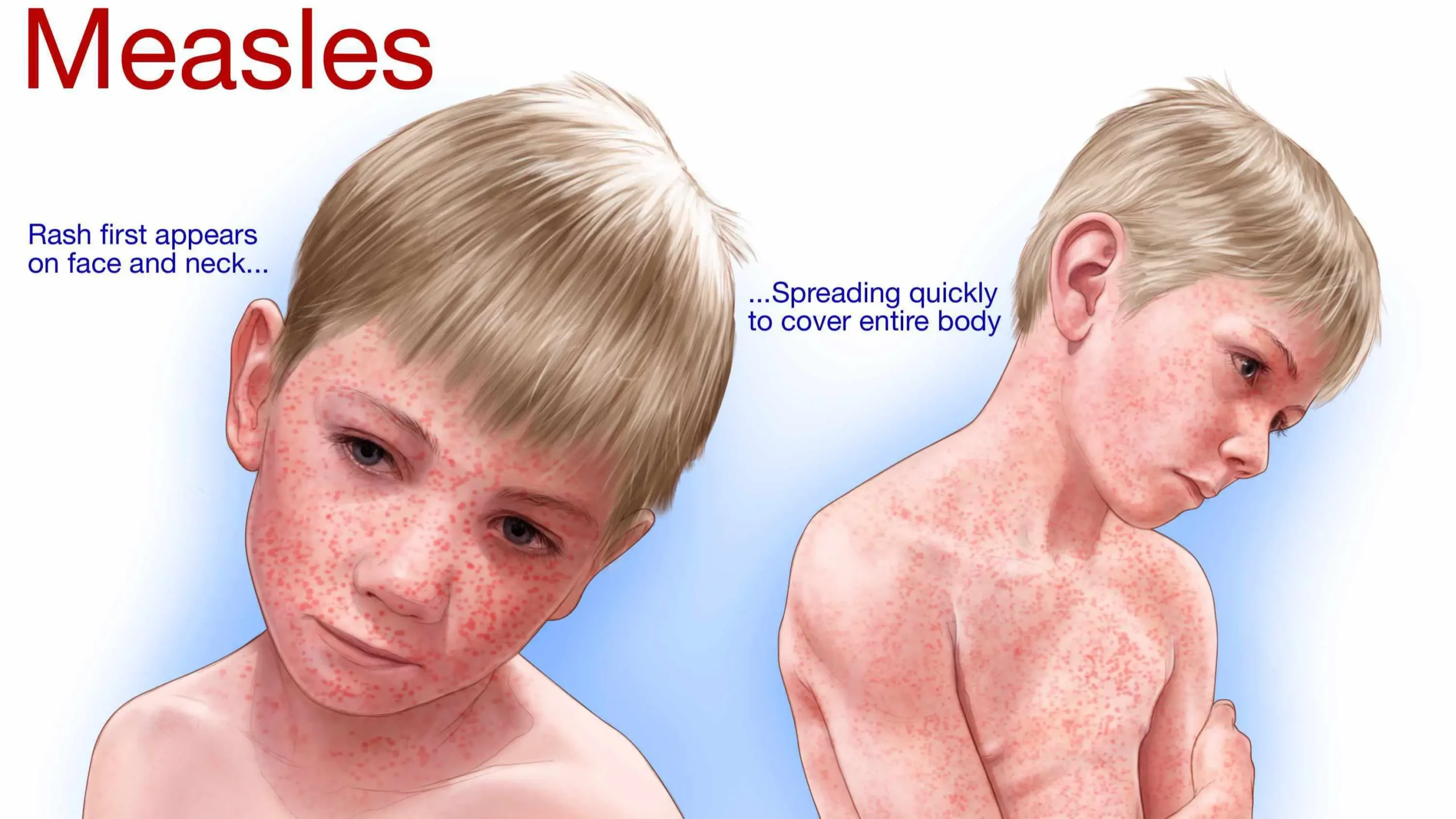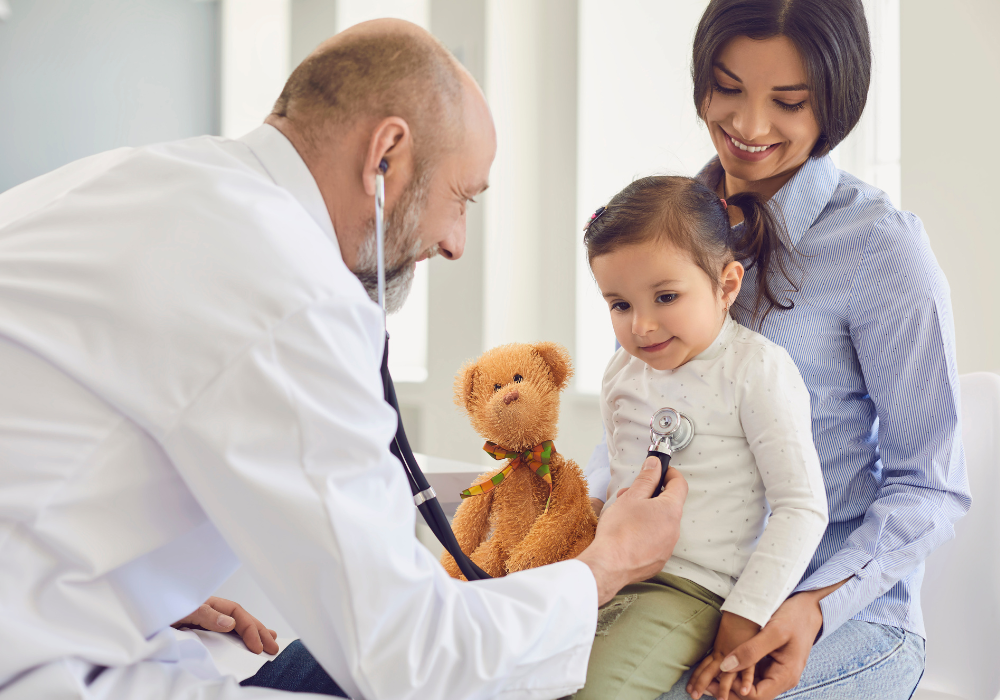
COVID-19 Advice
We know there are many questions about COVID-19 and what to do if your child tests positive. Below is some information regarding treatment, isolation, quarantine, and testing. All of the information below comes from two sources: the Maryland Department of Health or the Centers for Disease Control (CDC). These websites will have answers to many of your questions regarding COVID-19. We encourage you to familiarize yourselves with these sites as they are a helpful resource now and as future questions arise:
Testing
If you think your child might have COVID-19:
- Keep them home from school/daycare
- Take an at-home test or schedule a visit the office for a COVID-19 test
- If your at-home rapid antigen test is positive, your child DOES NOT need to be seen in the office for ‘a confirmatory PCR’ and they should be considered to have COVID-19 (see further advice below)
- If your at-home test is negative make an appointment for a PCR test.
- If you decide to come in for a COVID-19 test, please click here.
Home Management
If your child has tested positive for COVID-19:
- They should isolate (see below)
- Provide supportive care:
- Give acetaminophen (any age) or ibuprofen (6 months or older) if needed for fever or pain
- Make sure your child drinks plenty of liquid to stay hydrated (warm drinks can also help with respiratory symptoms)
- Use a humidifier or stand in a steamy bathroom to help with congestion or cough
- You can give 1 teaspoon of honey to help with cough if at least 12 months old
- Kids 12 and older can use over the counter decongestants
- Use nasal saline drops or sprays for congestion
- Expect symptoms such as sore throat, headache, fever, fatigue, muscle aches, chills, or GI symptoms to last for a few days
- Expect some symptoms, such as cough, congestion, change in sense of taste or smell, to potentially last longer
- Please notify us by patient portal if your child has tested positive on an at-home test or at an alternative testing site so that we may document that in their medical record
- Avoid exercise during the isolation period
- If your child is 12 or older and involved in athletics, they should be evaluated after their isolation period has ended to make sure it is safe for them to return to sports
- If your child has certain underlying conditions (diabetes, severe asthma, compromised immune system, etc) please discuss care with his or her doctor
Evaluation
Your child should be evaluated by a medical provider if:
- They have muscle aches, chills, or significant fatigue lasting more than 1 week
- They are having any trouble breathing, new wheezing, or significant chest pain
- They have signs of dehydration or if they are lethargic
- They have fever 100.4 or higher lasting 5 days
- Note- Infants under 3 months of age should be evaluated for any rectal temperature 100.4 or higher, and they should go to the ER right away if under 2 months of age
- Infants under 12 months of age should be seen if fever lasts 72 hours
- Note: most kids who test positive for COVID-19 will not need to be evaluated during their isolation period as most children’s symptoms remain mild and improve after a few days
Prevention
Help protect your kids from getting COVID-19 by:
- Wearing masks as recommended
- Getting vaccinated if age 5 or older
- Staying up to date with vaccines by obtaining a booster dose when eligible
- Check the most recent recommendations here: CDC COVID-19 Vaccine Boosters
- Staying home if you have symptoms
Isolation
**This is updated as of 1/14/2022 – recommendations are changing often, you can always find the most up to date guidance on the CDC website → https://www.cdc.gov/coronavirus/2019-ncov/your-health/quarantine-isolation.html
Recommendations for people who test positive for COVID-19 (regardless of vaccination status):
- Isolate for 5 days
- Note: Day 0 is considered the 1st day of symptoms, or the day a positive test was taken if you have no symptoms
- If you have no or improved symptoms, you may leave your home after 5 days if you continue to wear a mask around others for an additional 5 days
- If able, take an antigen test after 5 days and if still positive, continue to isolate
- During this 10 day period, do not travel or go places where you cannot wear a mask
- If your child is too young or cannot wear a mask, they should stay home the full 10 days (and leave isolation on day 11 assuming symptoms improving and no more fevers)
- Guidelines may be different for people with severe disease or compromised immune systems
- Follow rules/guidelines regarding returning to school as directed by your school
Exposures
If your child has been in close contact with someone with COVID-19:
- If they are fully vaccinated and up to date with recommended booster:
- Do not need to quarantine unless symptoms develop
- Wear a mask for 10 days and get tested 5 days after exposure
- If symptoms develop, isolate at home and get tested sooner
- If they are not vaccinated, only partially vaccinated, or if they are 18+ and were vaccinated more than 5 months ago:
- Quarantine for 5 days, then wear a mask an additional 5 days
- Get tested 5 days after last exposure
- If unable to wear a mask (ie. less than 2 years old, underlying health condition), quarantine for 10 days
- If symptoms develop, isolate at home and get tested
- Follow your school/daycare’s specific guidelines for return
- If they have had COVID-19 in the last 90 days:
- Do not need to quarantine unless symptoms develop
- Wear a mask for 10 days
- Consult healthcare provider if symptoms develop
We are committed to providing the best possible care for you and your family. Currently, we are:
- Sanitizing rooms and medical equipment between each patient
- Minimizing time in the waiting room as much as possible
- Requiring that all of our staff be up to date with COVID-19 vaccines (including boosters)
- Wearing appropriate PPE
- Offering vaccines and boosters to patients and family members
- Offering COVID-19 testing to patients and parents
To help keep everyone in our office as safe as possible, we ask that you follow our office’s current COVID-19 policies:
- Notify us in advance of your visit if you or your child have tested positive for COVID-19 as the check-in process may differ
- Face masks are required at all visits for anyone age 2 and up (masks with exhalation valves or vents should not be worn as they do not contain droplets)
- Only 2 caretakers per family
- Siblings (age 11 or older) of children with appointments should remain at home
- Siblings (10 years or younger) of children with appointments may attend if necessary. However, to limit the number of people in our office it is preferred that you secure alternate childcare to avoid bringing them.






